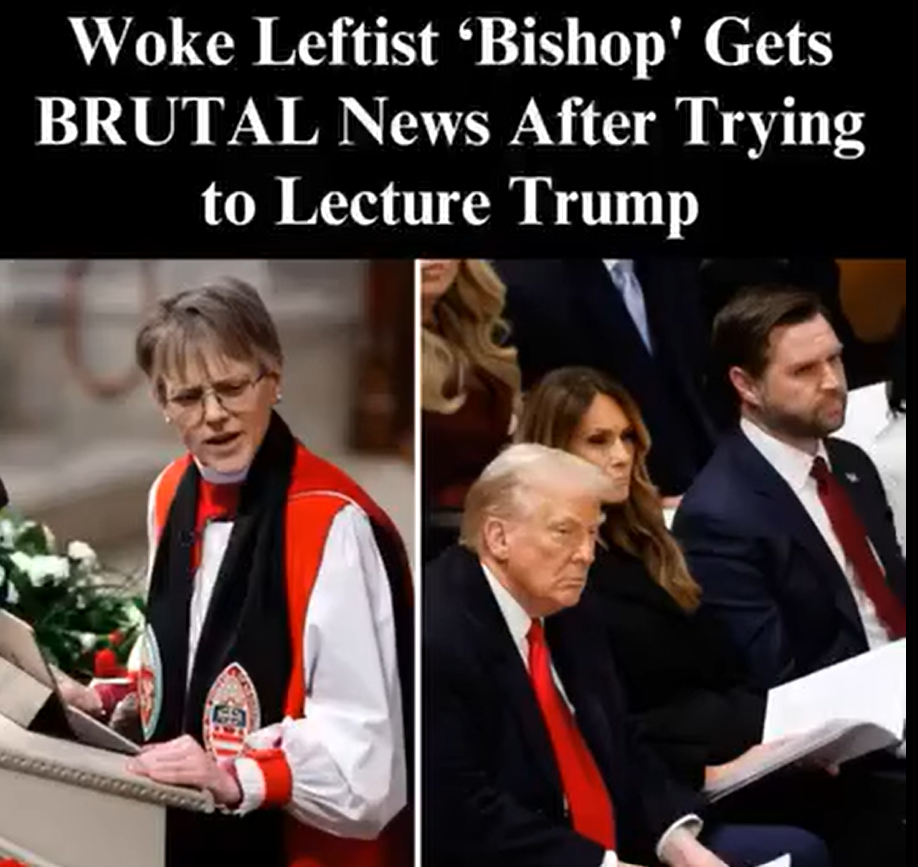Bishop Mariann Edgar Budde’s recent sermon at the Washington National Cathedral ignited a national conversation. With President Donald Trump and Vice President JD Vance in attendance, her message urging leaders to act with compassion toward vulnerable communities, including immigrants and the LGBTQ community, quickly gained attention. Bishop Budde called on leaders to recognize the struggles of those often overlooked in policy discussions, saying, “The people who pick our crops, clean our buildings, and care for our communities may not all have legal documentation, but they are part of this nation.” Her remarks, directed in part at the president, were seen as more pointed than typical pastoral speech. While some praised her for speaking out, others felt the platform was inappropriate for such a direct appeal. Bishop Budde later explained that her message was rooted in her faith, not political opposition, and was meant to give a voice to those often unheard. Despite criticism, including a social media post from Trump expressing frustration, Bishop Budde stood by her words, emphasizing that she spoke from the heart as a religious leader concerned for her community. Her sermon raised questions about the role of religious leaders in political discourse and their influence at national events
“The Whisper at the Cathedral”
